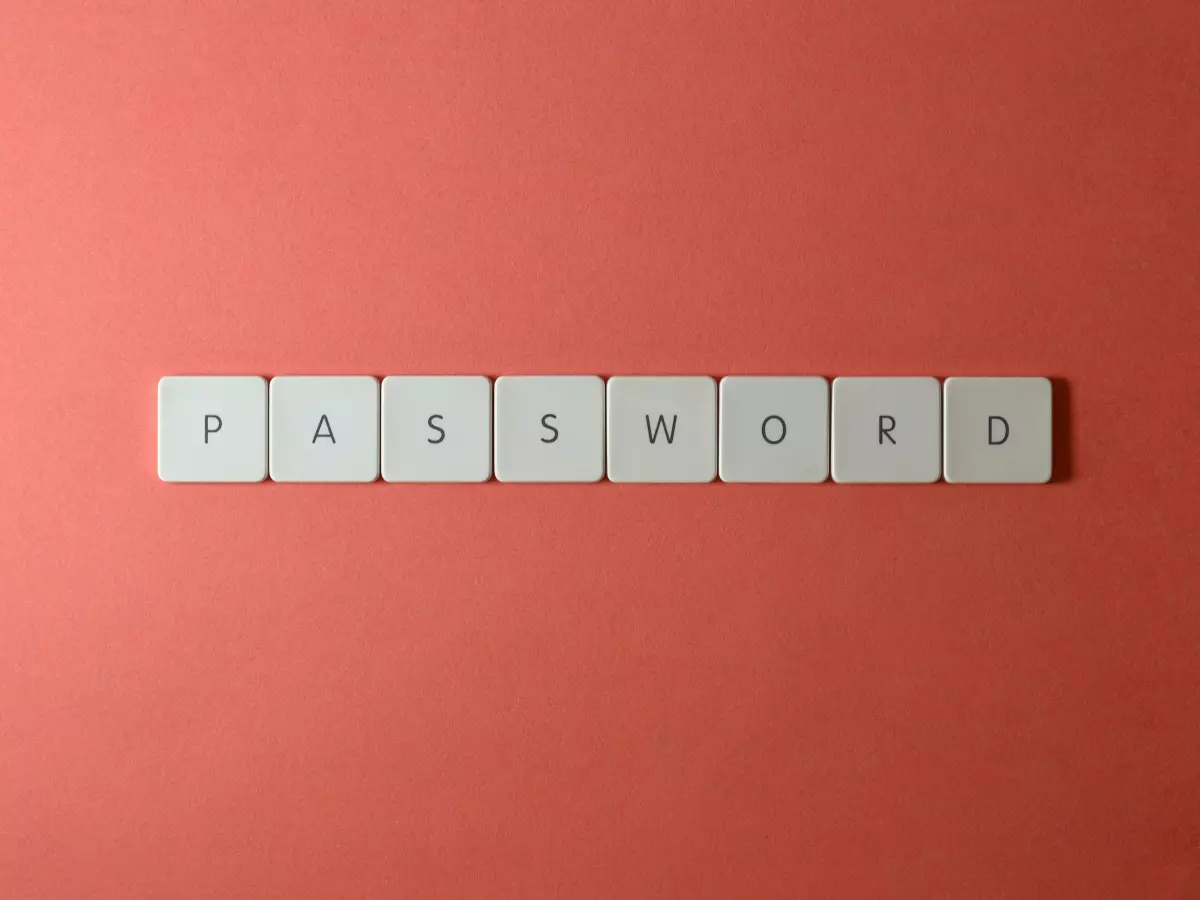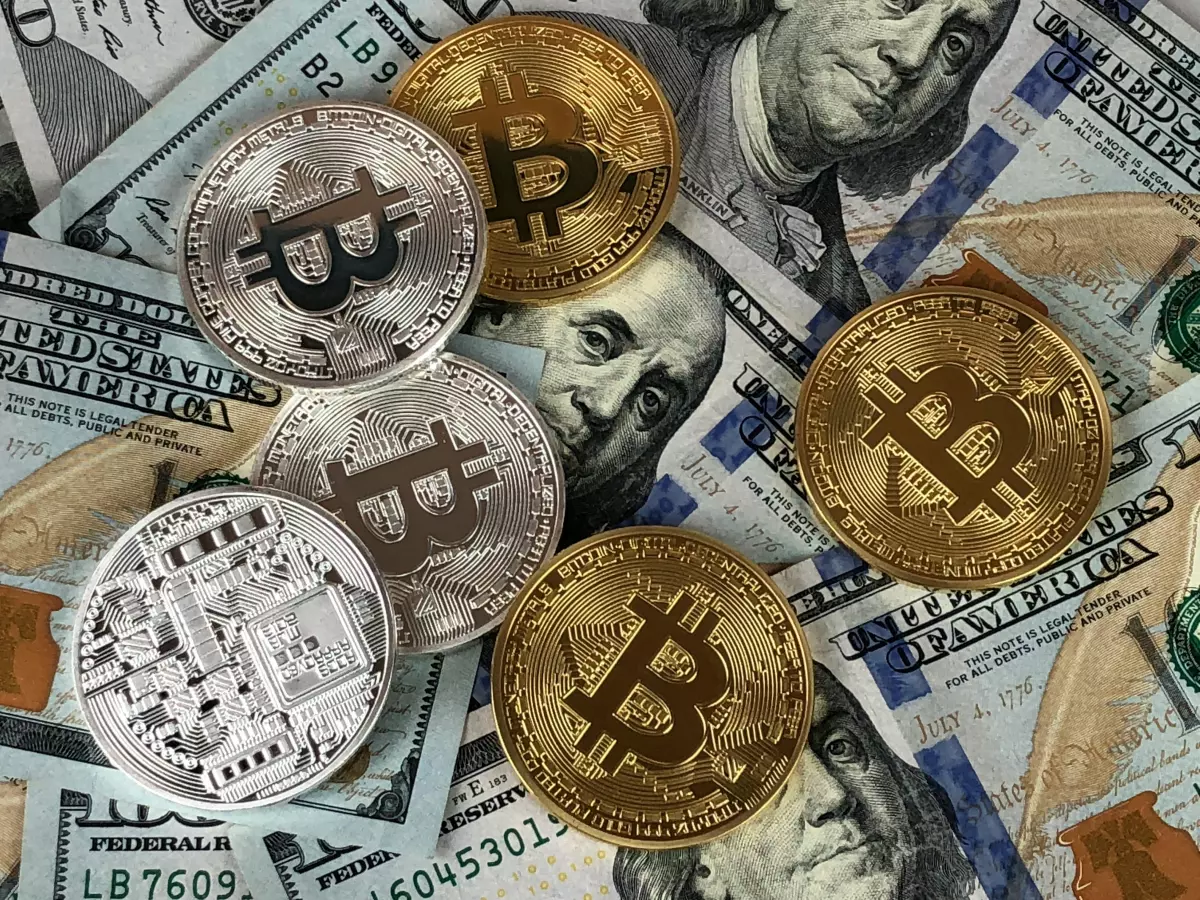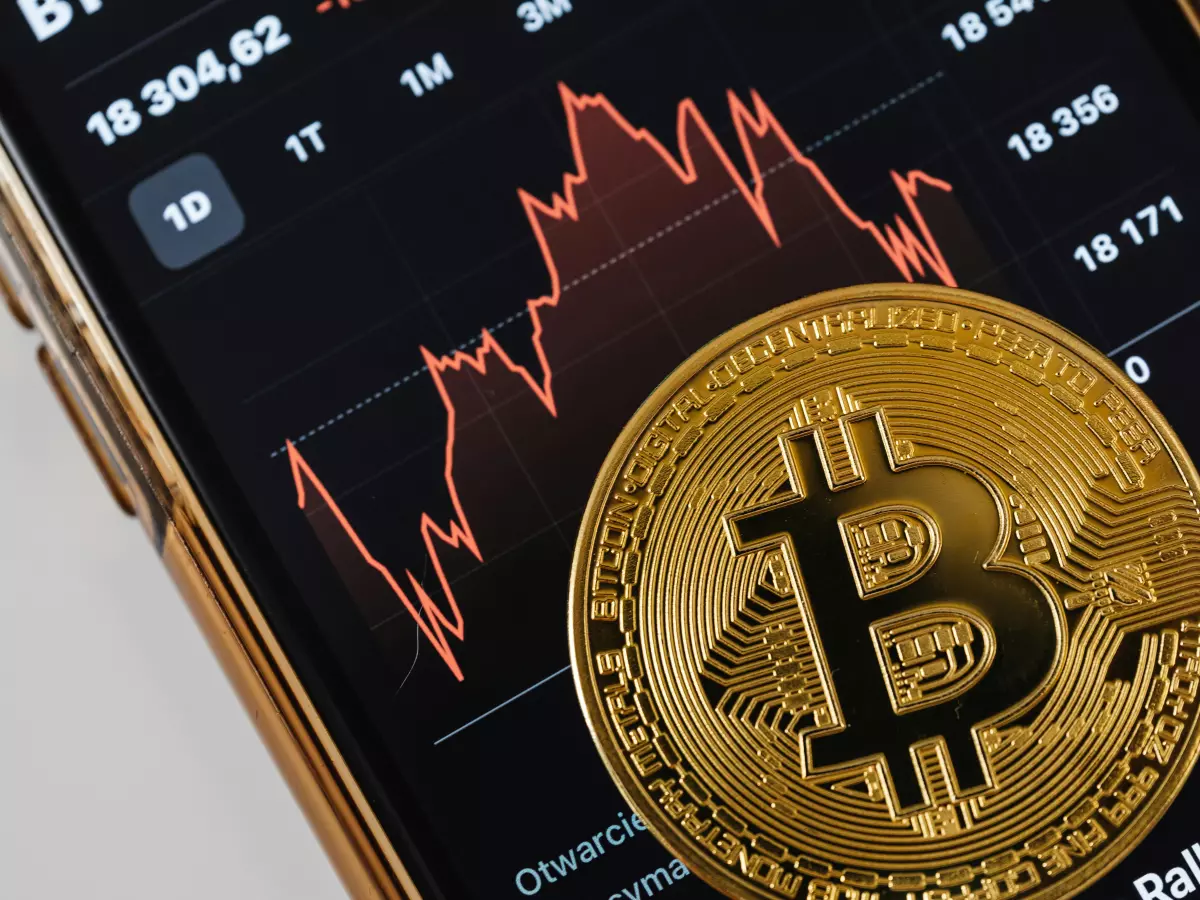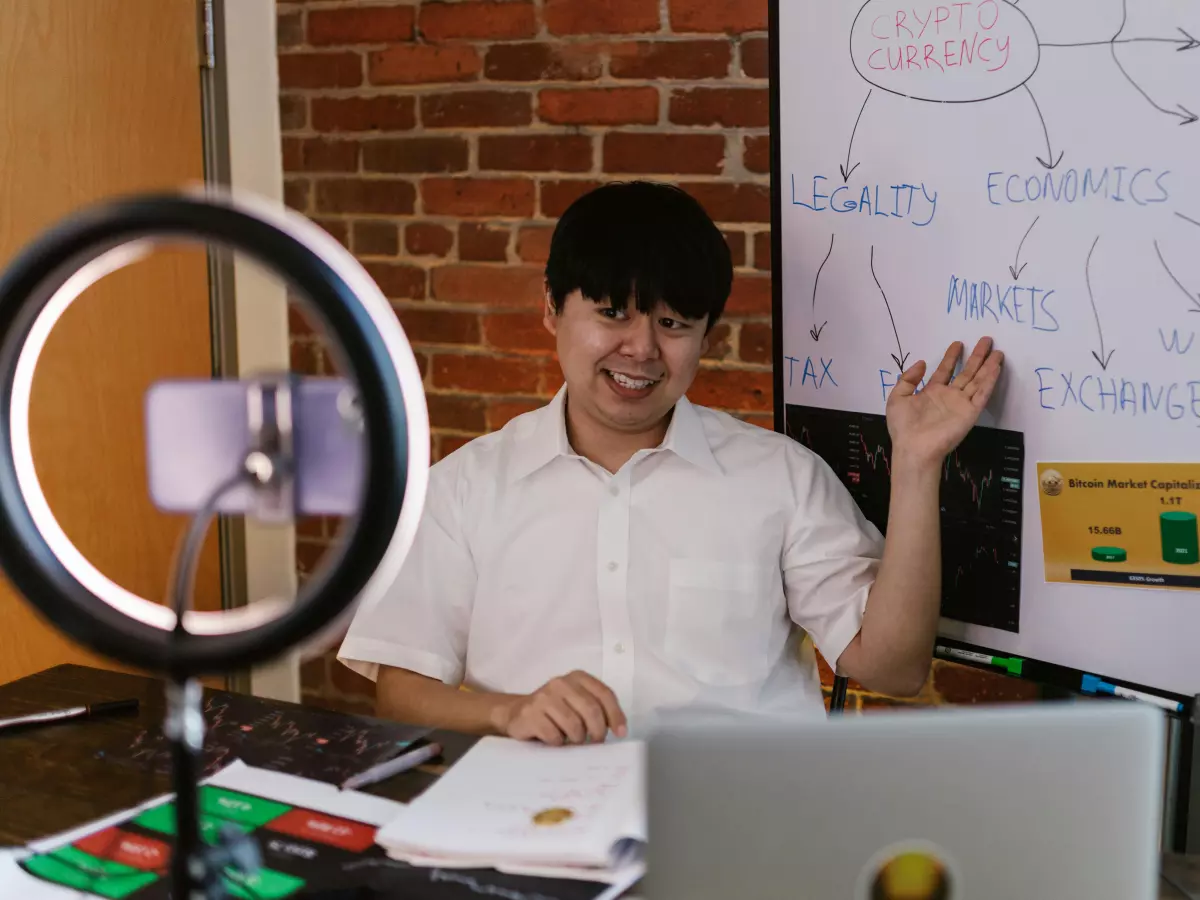Crypto Crackdown
Did you know that over $10 billion in cryptocurrency was laundered in 2020 alone? And that number is only growing as cybercriminals get more creative.

By Sophia Rossi
Cryptocurrency has always been a bit of a double-edged sword. On one side, it offers freedom, decentralization, and innovation. On the other? Well, it’s a playground for cybercriminals looking to launder money and evade law enforcement. And guess what? The U.S. government is not having it anymore.
In a bold move, the U.S. government recently sanctioned two cryptocurrency exchanges—Cryptex and PM2BTC—accusing them of facilitating money laundering for cybercriminals. This isn’t just a slap on the wrist; it’s a full-on crackdown, and it’s sending ripples through the crypto world.
The Wild West of Crypto
Let’s rewind a bit. When Bitcoin first hit the scene in 2009, it was like the Wild West. No rules, no regulations, just a bunch of tech enthusiasts and dreamers hoping to change the world. Fast forward to today, and the crypto landscape is a whole different beast. With billions of dollars flowing through digital wallets, it’s no surprise that bad actors have found ways to exploit the system.
Over the years, governments have been playing catch-up, trying to regulate this new frontier. But it’s not easy. Cryptocurrency operates outside traditional banking systems, making it a prime target for cybercriminals. And while some exchanges have taken steps to comply with anti-money laundering (AML) regulations, others have turned a blind eye—or worse, actively participated in shady activities.
Enter Cryptex and PM2BTC
According to TheHackersNews, Cryptex and PM2BTC are the latest exchanges to feel the heat. These platforms allegedly helped cybercriminals launder cryptocurrencies, possibly obtained through illegal activities like ransomware attacks. The U.S. Treasury Department’s Office of Foreign Assets Control (OFAC) has now sanctioned both exchanges, effectively cutting them off from the U.S. financial system.
But it doesn’t stop there. The U.S. also unsealed an indictment against a Russian national, accusing him of running several money-laundering services. This is a clear message: if you’re involved in shady crypto dealings, the U.S. government is coming for you.
What Does This Mean for Crypto?
So, what does this all mean for the future of cryptocurrency? For one, it’s a wake-up call for exchanges that aren’t following the rules. The U.S. government is making it clear that they’re willing to take action against platforms that facilitate illegal activities. And while this might be bad news for some, it’s actually a good thing for the crypto industry as a whole.
Why? Because regulation brings legitimacy. The more governments crack down on illegal activities, the more trust people will have in cryptocurrency. And trust is exactly what the crypto world needs if it wants to go mainstream.
The Bigger Picture
Of course, this isn’t the first time the U.S. has taken action against crypto-related crime. Just recently, the SEC won a case against Rivetz, a defunct crypto firm, over an $18 million Initial Coin Offering (ICO) that was deemed illegal. Rivetz’s CEO, Steven Sprague, was found guilty of selling unregistered securities when the company offered an Ethereum-based token back in 2017.
These cases highlight a growing trend: governments around the world are tightening the noose on crypto crime. And while some might see this as a threat to the decentralized nature of cryptocurrency, others see it as a necessary step to ensure the long-term survival of the industry.
What’s Next?
So, what should you do if you’re involved in the crypto world? First, make sure you’re using exchanges that comply with regulations. Do your research and avoid platforms with a shady reputation. Second, stay informed. The crypto landscape is constantly evolving, and it’s important to keep up with the latest news and developments.
At the end of the day, the U.S. sanctions on Cryptex and PM2BTC are just the latest chapter in the ongoing battle between law enforcement and cybercriminals. But one thing’s for sure: the crypto world is changing, and it’s up to you to decide whether you want to be part of the solution or part of the problem.





